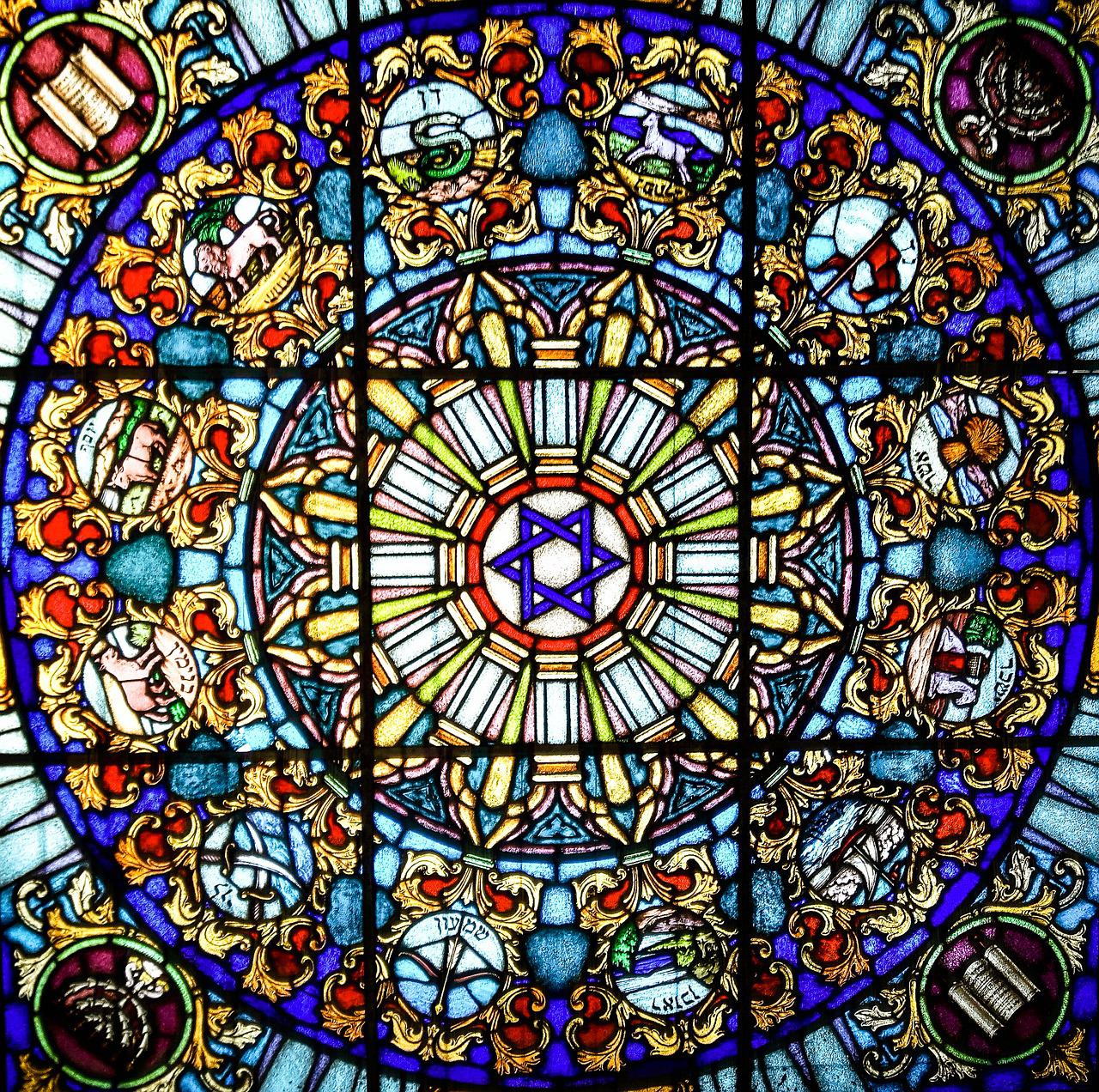
While psychedelic substances have been making the rounds of alternative and mystical spiritual groups for several years, they are only just being embraced in liberal Christian and Jewish circles, where a mood of skepticism and caution still surrounds them. In a two-part series on the topic in Lucid News (April 20 and May 4), Don Lattin describes how liberal clergy were among the first to experiment with mushrooms, LSD, and other psychedelic drugs for religious and spiritual purposes in the 1960s. Since then, however, the baton of experimentation had been taken up by alternative and Eastern spiritual movements and practitioners, as well as secular researchers treating such mental disorders as PTSD and depression. Now there is more institutional Christian and Jewish interest in and support for psychedelic use, with the founding of the Jewish group, Shefa, and the Christian psychedelic society, Ligare. Some two-dozen religious professionals inexperienced in psychedelic use have recently participated in a yet-to-be-published study conducted by Johns Hopkins and New York University. Lattin interviewed some of the participants and found a range of reactions to the experience—from a crisis of faith to a mystical episode. One Lutheran pastor said the experience had helped “deconstruct” his faith. “Rather than trying to teach people how their faith should be, I became more open to how they see God and how they see the faith. I’m not telling them what God thinks,” he said.
Others worry that the psychedelic movement may impose its own values on religious faith, even if it carries some benefits for users. The high level of suggestibility that characterizes psychedelic sessions with their “trip guides” may encourage adopting spiritualities that override traditional faith, such as the perennial philosophy that all mystical experiences are at their core the same. In the second article in the series, Lattin notes that the psychedelic revival may find the most receptivity among chaplains, who, especially in healthcare facilities, minister to people of all faiths and try to get people through trauma and other events where they serve more as guides than as teachers or preachers of the faith. These traits put chaplains in a similar role to those who guide people taking psychedelics, especially since many patients at the end of their lives also have mystical experiences. Chaplaincy programs are already offering special study tracks on psychedelic practices, such as at the newly established Center for Contemplative Chaplaincy at Naropa University in Boulder, Colorado. In September, the University of California at Berkeley’s new Center for the Science of Psychedelics will launch its first certificate program in “psychedelic facilitation,” designed for advanced religious, spiritual care, and healthcare professionals working in areas including chaplaincy and ministry. Lattin adds that “[t]heologically and politically progressive seminaries such as the Unitarian Universalist’s Starr King School for the Ministry in Oakland have led the way in conversations about chaplaincy and psychedelics.” But again, some are concerned that this is a trend that may be dangerous. “Today, it seems like everyone and their dog are calling themselves entheogenic guides and psychedelic therapists,” said Rabbi Michael Ziegler of Berkeley. “Training programs are popping up everywhere, and most offer no practice experience in leading trips—just clinical theory.”
(Lucid News, https://www.lucid.news/chaplains-become-psychedelic-guides/)

Source: TuendeBede | Pixabay.